Former FTC Official Claims Trump Administration Directed FTC to Facilitate AI Deals
The Trump administration allegedly instructed the Federal Trade Commission (FTC) to act as a "concierge" for major artificial intelligence (AI) companies, facilitating their mergers and acquisitions, according to a former senior adviser to FTC commissioner Lina Khan. This revelation has sparked concerns about the potential abuse of power and the impact on the competitive landscape of the tech industry.
The alleged directive was reportedly aimed at facilitating deals such as Pfizer's acquisition of Metsera, an obesity drug maker. The deal, valued at $11.6 billion, is one of the largest in the pharmaceutical industry this year. The FTC's role in approving such deals has significant implications for the market, as it can influence the level of competition and innovation in the industry.
According to data from Bloomberg, the global AI market is projected to reach $190 billion by 2025, up from $62 billion in 2020. The rapid growth of the AI industry has led to increased consolidation, with major players such as Google, Amazon, and Microsoft acquiring smaller companies to expand their capabilities.
The alleged directive has raised concerns about the FTC's independence and its ability to enforce antitrust laws. The agency's role is to protect consumers and promote competition, but the Trump administration's alleged instruction could compromise its ability to do so.
Pfizer, the pharmaceutical giant behind the Metsera deal, has a market capitalization of over $600 billion, making it one of the largest companies in the world. The company's acquisition of Metsera is part of its strategy to expand its presence in the growing market for obesity treatments.
The implications of the alleged directive are far-reaching, with potential consequences for the competitive landscape of the tech industry. If the FTC is seen as a facilitator of mergers and acquisitions, rather than a regulator, it could lead to a lack of competition and innovation in the industry.
The future outlook for the AI industry is uncertain, with the alleged directive adding to the existing challenges facing the sector. As the industry continues to grow and consolidate, it is essential to ensure that the FTC remains independent and able to enforce antitrust laws to promote competition and innovation.
In a statement, a spokesperson for the FTC declined to comment on the allegations, citing the agency's policy of not discussing internal communications. The Trump administration also declined to comment, citing the ongoing government shutdown.
The controversy surrounding the FTC's alleged role in facilitating AI deals highlights the need for greater transparency and accountability in the agency's decision-making process. As the industry continues to evolve, it is essential to ensure that the FTC remains a champion of competition and innovation, rather than a facilitator of consolidation and market dominance.


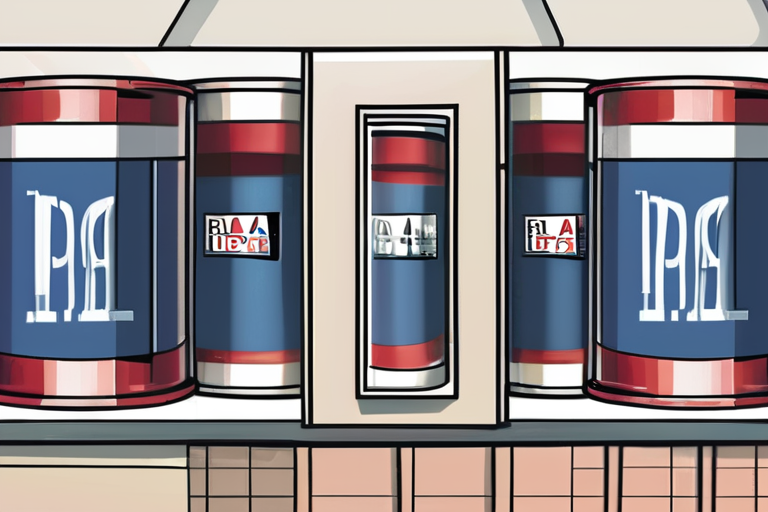



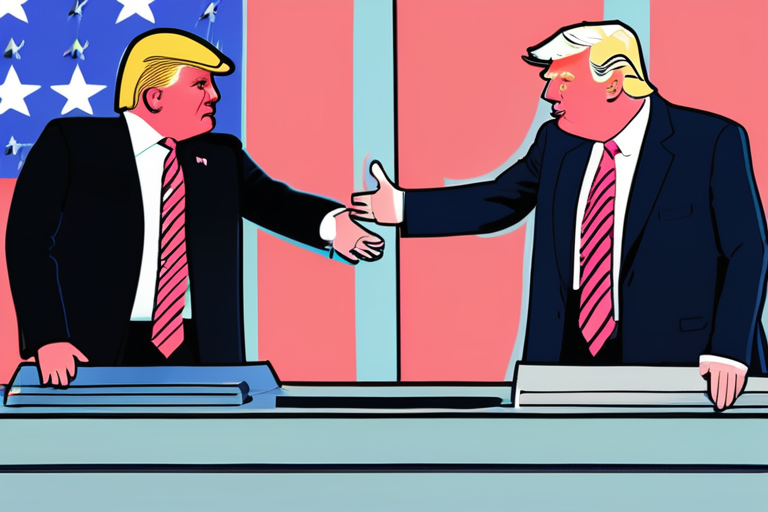




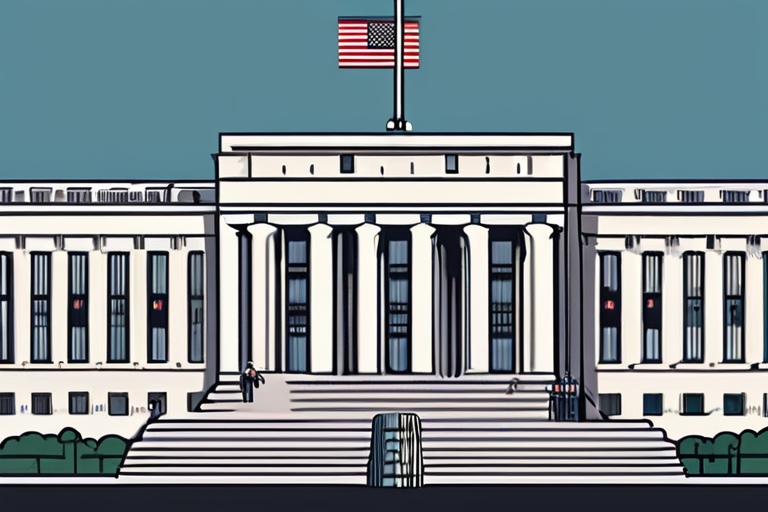




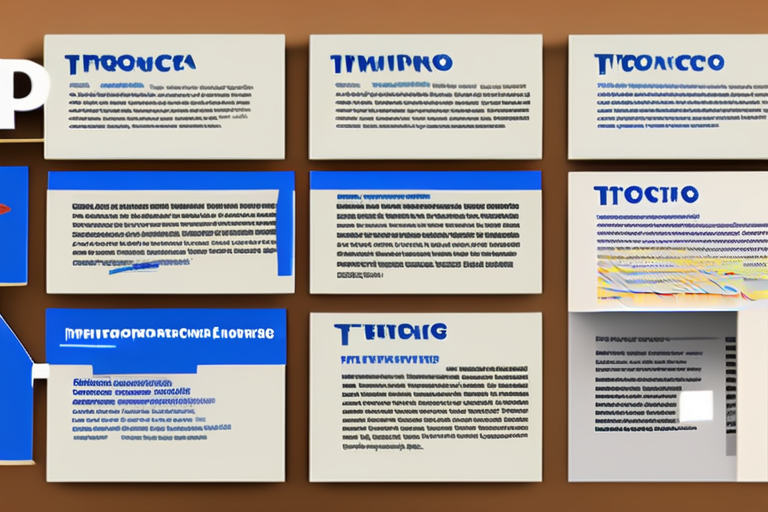


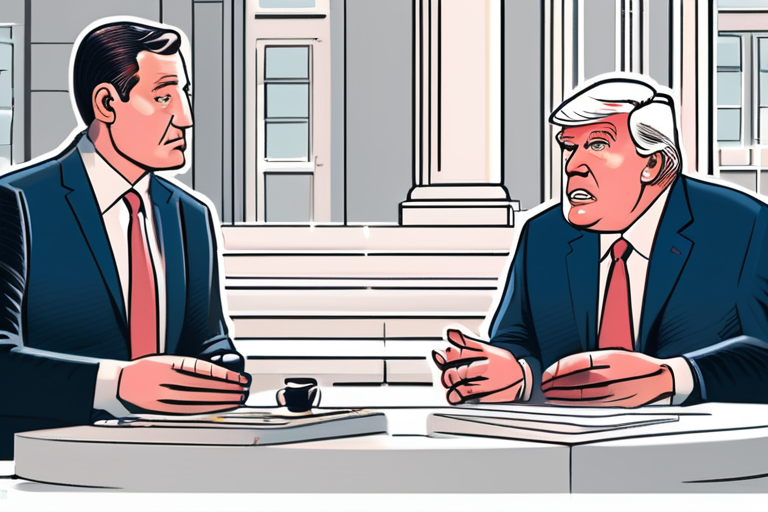






Share & Engage Share
Share this article